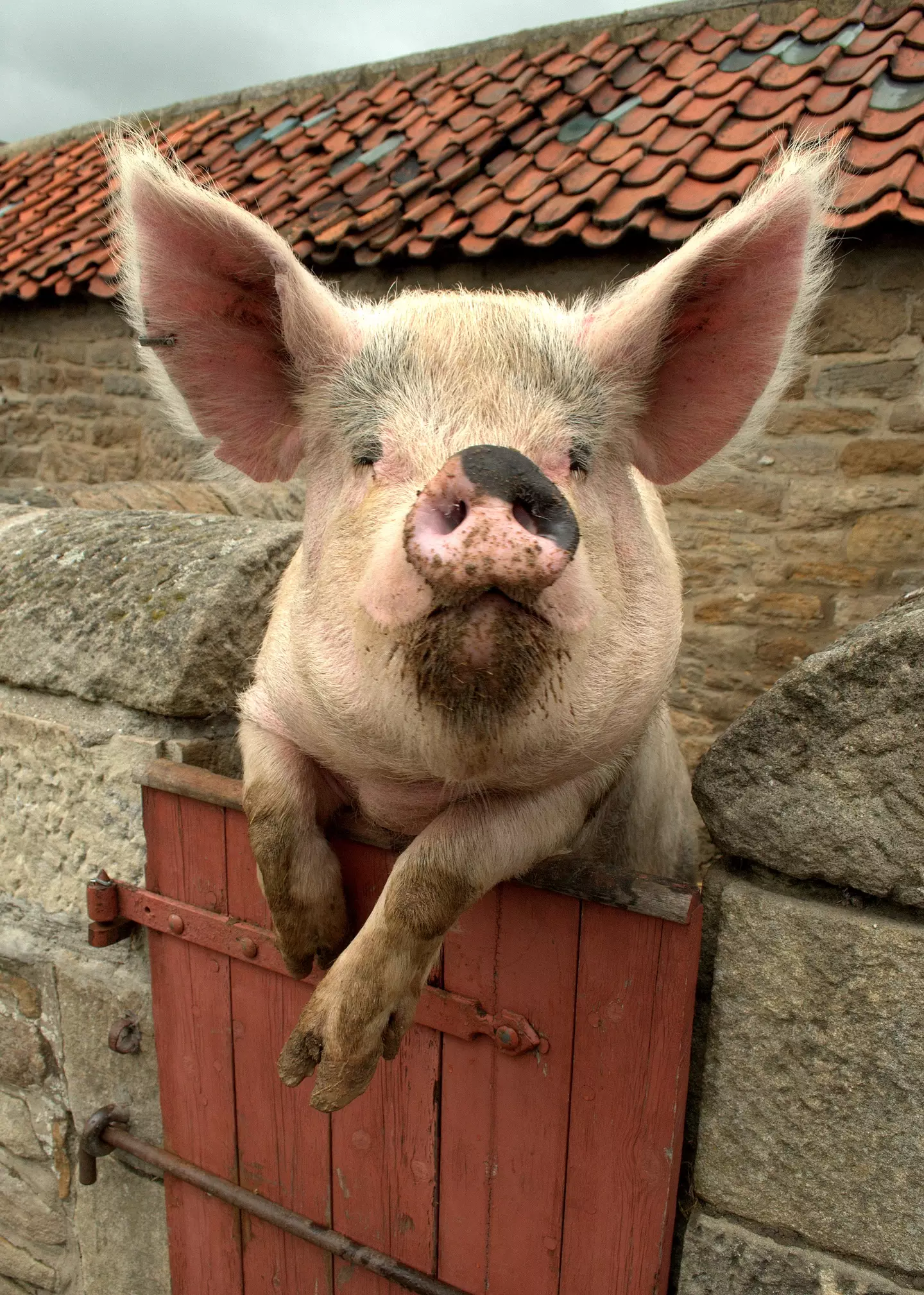
Calamari is one of those formerly-fancy foods that has become so commonplace as to seem a little banal.
You could put it in the same bracket as halloumi and truffle oil – something your mum was excited about in 2003 that’s now a default option at your favourite cocktail bar.
That’s not to say it’s not worth having; after all, things become mundane because they’re so popular as to become the norm.
But did you know that there’s a pretty unsavoury urban legend around calamari that might make you think twice about those rings?
Advert

The subject was covered back in 2013 on a segment from radio show This American Life that focused on doppelgangers.
People were covered too, but imitation foods were also on the agenda.
As discussed on that show some 12 years ago, calamari has an imitation that will get even the blandest imagination firing: pig rectum.
“In restaurants everywhere, right this second, people are squeezing lemon wedges over crispy, golden, rings, dipping the rings into marinara sauce, and they're eating hog rectum,” said Ben Calhoun, a producer on the show and the ad hoc host of the segment.
“Now they're chewing - satisfied and deeply clueless. It's payback for our blissful ignorance about where our food comes from and how it gets to us.”
The Huffington Post promptly investigated this alarming suggestion, getting in touch with Mark Wheeler who, at the time, was working with the USDA’s Food Safety and Inspection Service. He said he wasn’t aware of any products labelled as ‘imitation calamari’, and said that if hog rectums were being sold as calamari then it would need to labelled as such to comply with the law.
But, let’s be real, anyone considering putting slices of pig rectum on a menu is likely to be the kind of deviant that laughs in the face of food regulations.
Wheeler noted that pig intestines are both edible and often known as ‘pork chitterlings’. As you might imagine, they give off a ‘pungent odour’ when boiled, and they do have a similar texture to calamari.
Steve Haruch, a journalist at Nashville Scene in 2013, said he had tried the so-called ‘imitation calamari’ and said, ‘prepared the right way, it could pass for calamari’.
The Huffington Post got in touch with Calhoun at This American Life, who said at the time: "We found compelling belief within the American meat industry that this is a practice, but we weren't able to prove or disprove that belief.
“Because of that, we decided we'd take the story in a funny direction, and focus on a question we could still answer - whether it was possible - whether fried bung would taste and feel like calamari."

As to the likelihood of pig anus being passed off as squid, a report from Oceana at the time said seafood fraud was extremely commonplace in the early 2010s.
It said that Boston’s seafood had a 48% fraud rate compared with 55% in Los Angeles, 31% in Miami, and 39% in New York City.
So! That’s calamari ruined for you. You’re welcome.
